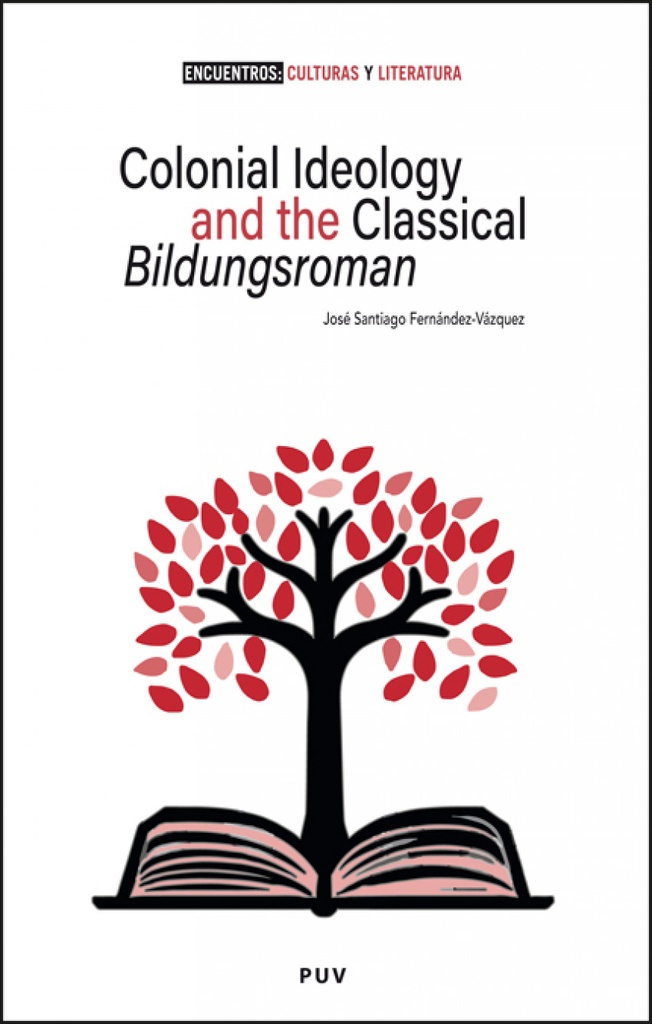This book examines the ideological affinity that can be established between the classical ´Bildungsroman´ and colonialist ideology on the basis of a literary analysis of ´Wilhelm Meisters Lehrjahre´-considere d by most critics to be the origin of the genre-and ´Great Expectations´-one of the paradigmatic examples of the development of the Bildungsroman in English literature. This ideological affinity is understood as an example of what the Palestinian critic Edward Said has called a ´structure of attitude and reference´: the convergence of different cultural manifestations that, although formally independent, contribute to a common purpose. The monograph also undertakes a study of the main characteristics of the classical ´Bildungsroman´ from a formal and thematic point of view, and an analysis of the relationship between genre theories and Eurocentric discourses.

